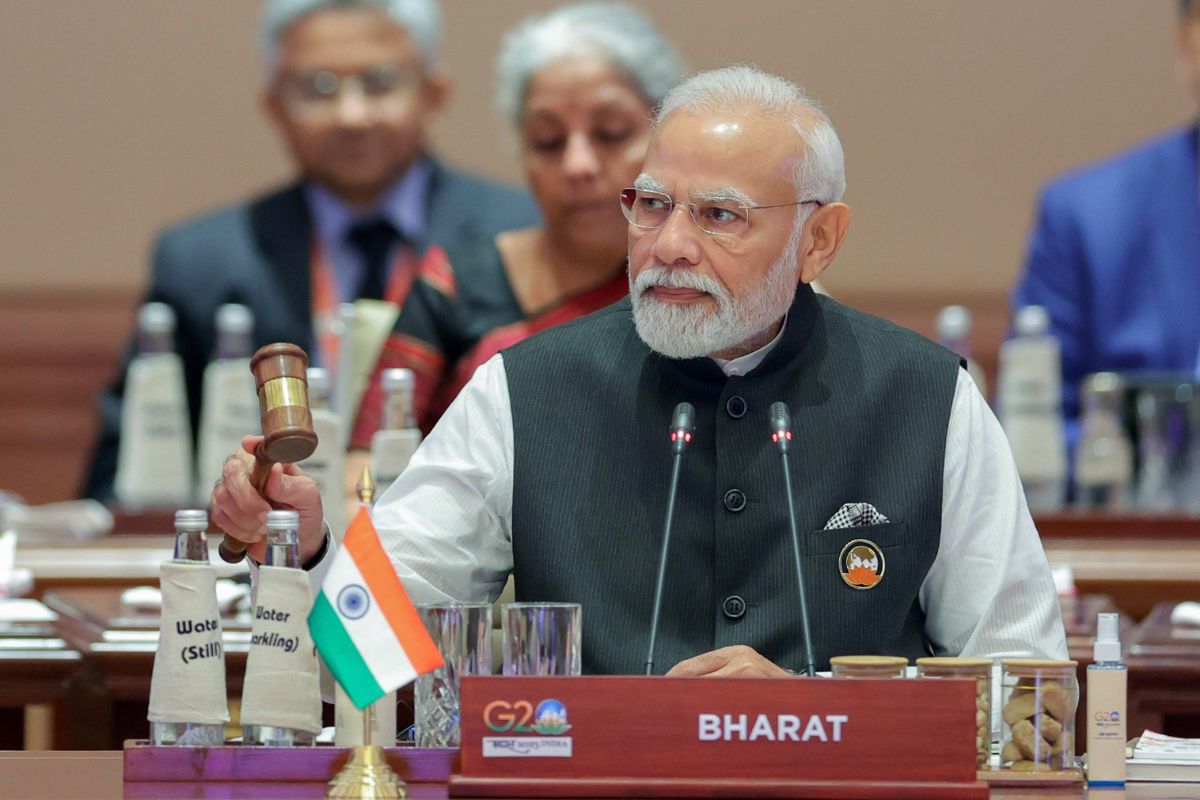A think group linked to the Chinese Ministry of State Security accused India of seeking to advance its own agenda and hurt China’s interests by using its position as the G20 Summit’s host country.
The China Institute of Contemporary International Relations made its remarks as the yearly two-day G20 conference in New Delhi got underway with Chinese President Xi Jinping conspicuously absent.
Advertisement
The think tank further charged India with bringing geopolitical “private goods” on the world stage, which it claimed would both assist India fulfill its role as the G20 Summit’s host nation and lead to new issues.
Previous G20 summits have been hosted by India in disputed areas, such as Kashmir, which Pakistan contests, and Arunachal Pradesh, which China also claims.
The think tank wrote in a commentary on its Wechat account that, “India’s actions in hosting meetings in disputed territories have also’stolen the spotlight,’ sabotaging the cooperative atmosphere of the G20 meeting and hindering the achievement of substantive results. This has caused diplomatic and public opinion turmoil.”
Questions have been raised about why Chinese President Xi Jinping did not attend the summit that Prime Minister Narendra Modi hosted, but Chinese authorities have not offered an explanation. In lieu of Xi, Premier Li Qiang is speaking for China.
The two Asian neighbors have been making efforts to reduce military tensions along their lengthy border. The situation, however, has been characterized as delicate and dangerous by New Delhi. India has also tightened up its inspection of Chinese investments and economic ventures since 2020.
US President Biden responded with dismay at Xi’s decision to skip the G20 summit. He did, however, add that he was looking forward to their next meeting.
The think tank further said that India has been using the debt restructuring debate to attack China and has frequently worked with the US and other Western countries to promote the “debt trap” thesis. This idea focuses on Beijing’s lending to developing nations for important infrastructure projects like ports and highways.











